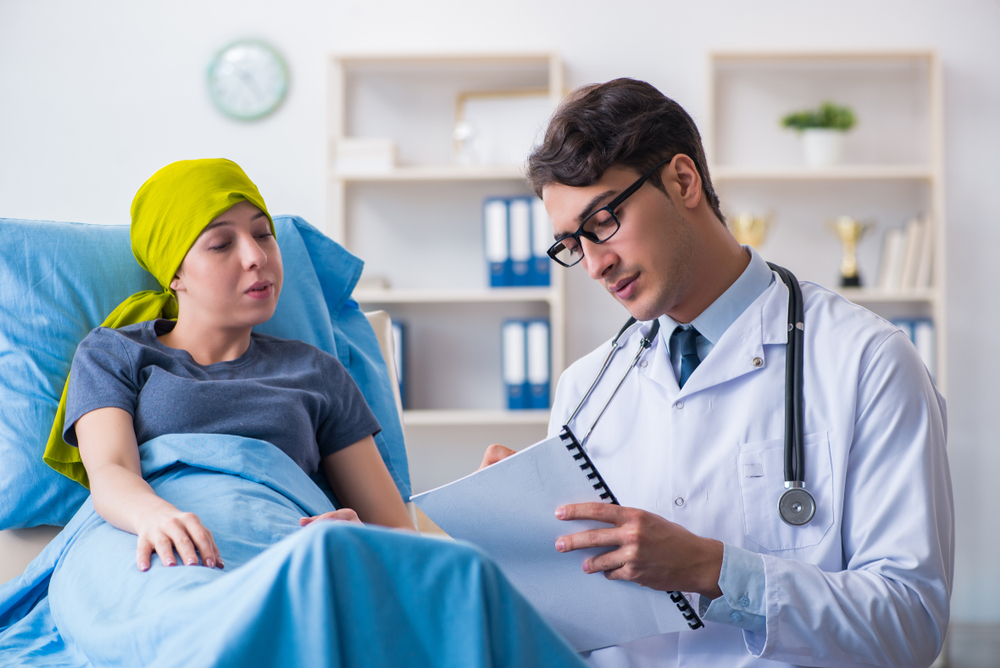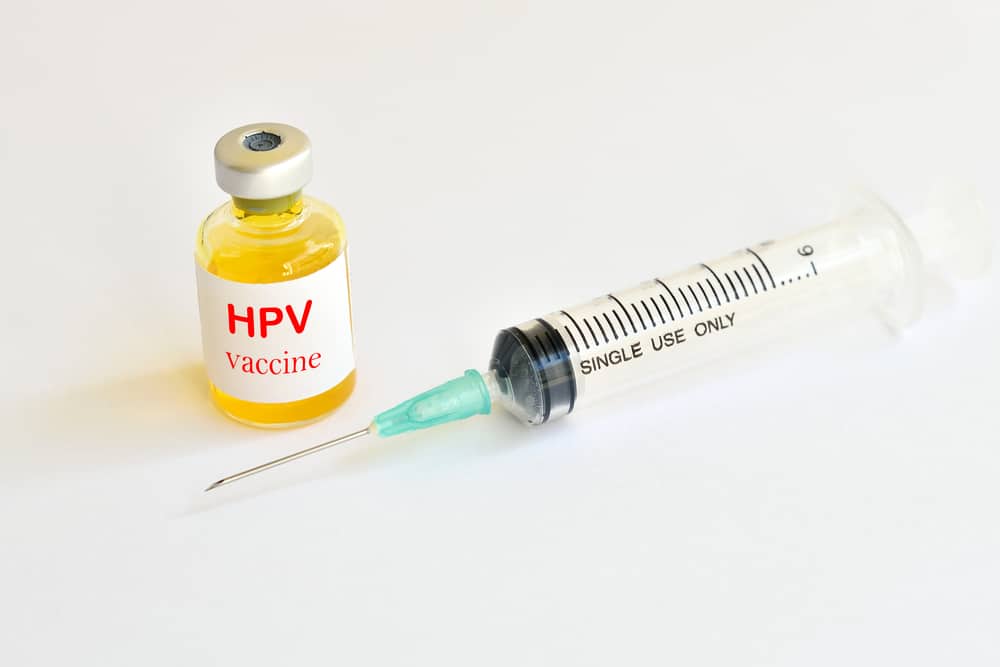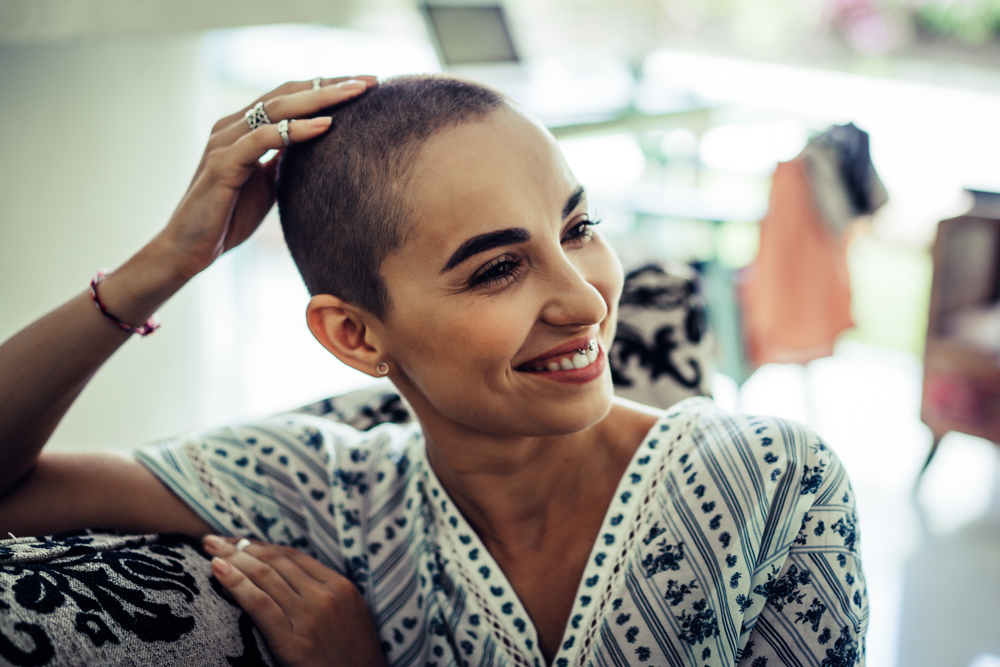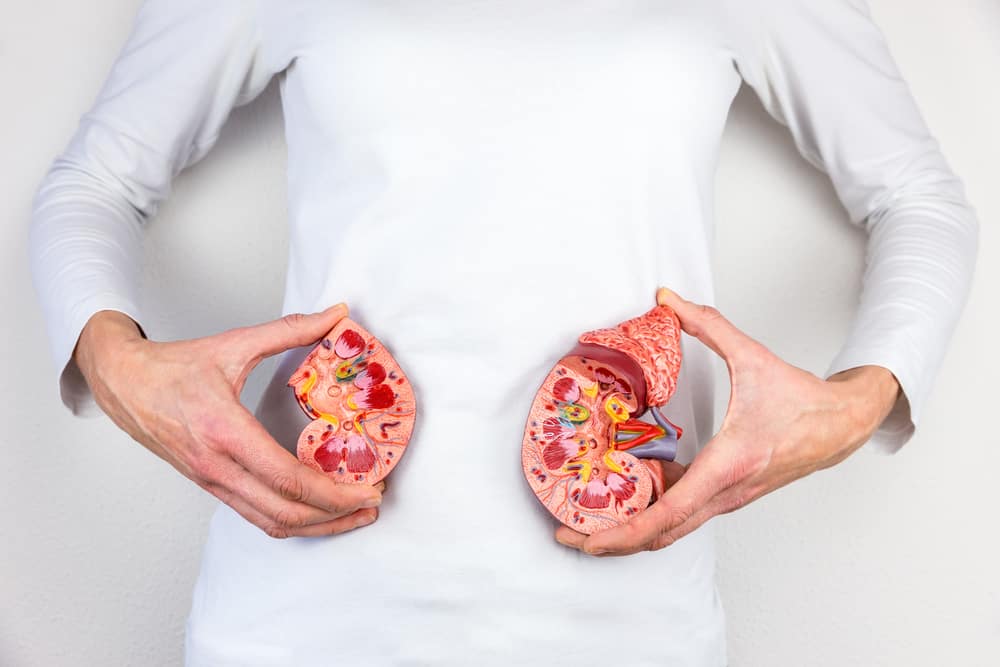Contents:
- Medical Video: Nutrition & colorectal cancer: eating well before, during & after treatment
- Living with colon cancer, what treatment might I get?
- Colon cancer surgery has been successful, then, what should I do?
- Why did I even experience diarrhea or difficulty defecating after surgery?
- Having recovered from cancer, why do you still need chemotherapy?
- How about the follow-up care?
- 3 important keys to life as survivor colon cancer
Medical Video: Nutrition & colorectal cancer: eating well before, during & after treatment
For some people with colorectal cancer or also known as colon cancer, various treatments that are passed can lift or destroy cancer cells so that they are declared cured of cancer. But unfortunately, that does not apply to some people and requires them to live with cancer.
When recovering from cancer, sometimes we are not necessarily free from the schedule of regular visits to the hospital. There is still further treatment, such as chemotherapy, radiation therapy (radiotherapy), or other therapies that if done regularly can help control colon cancer. This certainly makes you have to have a special effort so that the treatment that you live continues to show good development, such as maintaining a diet and routine control to the doctor.
Actually, what are the things that must be considered when you have completed treatment, and declared cured of colon cancer? Check out the following review to find out what colorectal cancer patients should do after undergoing treatment.
Living with colon cancer, what treatment might I get?
Colon cancer surgery is one of the main and most common treatments if you have colon cancer (colorectal cancer). If you are diagnosed with cancer in the early stages (early stage), your doctor will likely carry out this procedure. The earlier you are diagnosed with colon cancer, the higher your chances of recovering from cancer.
Colon cancer surgery has been successful, then, what should I do?
When undergoing colon cancer surgery, your intestine is an organ that will become a "main actor". There will be many actions taken on this one digestive organ. That is why, usually, after surgery for colon cancer you are advised not to eat or drink for several days until your intestine is ready to work normally again, doing the task of digesting food.
After the operation is successfully carried out, because you cannot immediately eat solid food, you will be given intravenous fluids that will maintain your nutritional intake. Your doctor will notify youwhat you can eat and drink, and when you should start it.
Like surgery in general, you will definitely feel pain in the first few days after surgery. Painkillers may be given to relieve the pain you feel. If the pain is unbearable, you should tell your doctor or nurse as soon as possible so that they can find the right type and dose of pain reliever.
Why did I even experience diarrhea or difficulty defecating after surgery?
After bowel surgery, don't be surprised if you experience diarrhea for some time because this is normal for someone who has cancer surgery. If the part of the intestine that is raised is large, you can also get diarrhea and constipation alternately. Consult with your doctor or nurse about this problem, so that they can provide advice regarding changes to your bowel habits.
Having recovered from cancer, why do you still need chemotherapy?
Even if the surgical procedure has been successfully carried out, the doctor may recommend chemotherapy if he thinks you are at high risk of recurrence or the spread of cancer. Usually, this decision appears after a cancer cell biopsy shows signs of malignancy or found cancer cells that move away from their initial location in the intestine.
When you live with cancer before undergoing treatment, cancer cells that dwell within you can be transported in the bloodstream or lymphatic system (lymph nodes) and can grow into secondary cancer sometime in the future. That is why, as a preventative measure, doctors will recommend post-surgery chemotherapy to reduce the possibility of returning or spreading cancer. This procedure for chemotherapy will usually begin after you recover from surgery, approximately within eight weeks.
How about the follow-up care?
Even if your treatment has been completed and your body may have been cleared of cancer cells, and declared cured of cancer, checking with a doctor still needs to be done regularly for some time. Usually, your doctor may ask you about a health condition or problem you might have. Your doctor may also carry out laboratory tests, X-rays, or maybe scanto check for signs of cancer or treatment side effects.
Some side effects due to cancer treatment can occur for several days to several months, but some also last a lifetime. That is why it is important to consider having health insurance because you need a large fee for each routine check.
When colon cancer is successfully removed, cancer cells can return. This is what is always feared by people who have lived with cancer. That is why running routine controls as recommended by the doctor is very important to monitor your health condition you run after completing cancer treatment.
Your doctor may recommend a physical examination every three to six months for the first two years after cancer treatment is completed to ensure that you are completely cured of cancer. After that, the frequency of the examination may be longer if the cancer treatment that is undergoing shows positive results.
Various tests may be carried out during the first 3-6 months post-treatment to see the development of colon cancer that you are undergoing. You must have a follow-up treatment schedule each year. This helps control your recovery more easily and clearly.
3 important keys to life as survivor colon cancer
Even though it has been cured, it does not mean you can ignore routine health screening planning. Even if no one wants this to happen, cancer can remain back even after being declared cured of cancer. For this reason, in order for treatment and healing to be obtained to survive, in general, there are 3 key things that are the basis for you to do further treatment for colon cancer that you have experienced, namely:
- The main goal of the treatment of advanced colon cancer that you live is for early detection, as an effort to prevent the return of cancer that has been declared lost after treatment.
- Advanced treatment of colorectal cancer consists of regular physical examinations, carcinoembryonic antigen test, computed tomography scan (CT Scan), and colonoscopy or rectosigmoidoscopy.
- To consult with a doctor about your risk of experiencing cancer recurrence and a plan for further treatment for you.
Even though recovery and health care after the treatment of colon cancer is not so difficult, you still need an opinion from a doctor to evaluate it. Always provide the latest developments regarding your health condition and multiply the information to deal with the bad things that happen to your health.
Hello Health Group does not provide medical advice, diagnosis or treatment.












